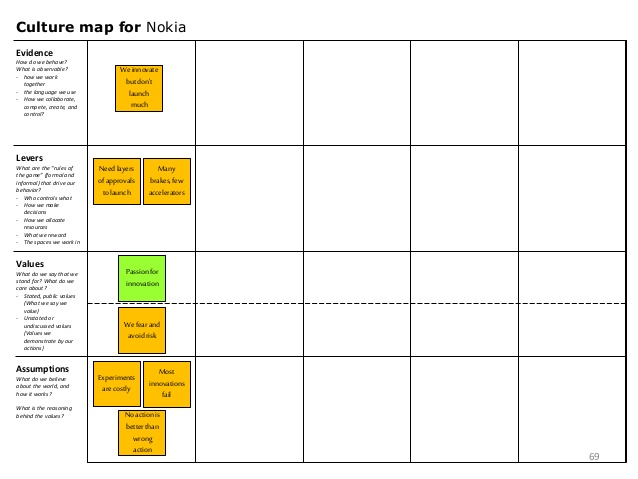I read Dave Gray’s fascinating slide deck recently describing how organisations go through a period of growth as a new start-up when they’re hot, agile and chaotic – and some fail. If they manage to get through this and they get all their ducks in a row, they enter a blissful period of peak fitness. This lasts some time before the inevitable decline, driven by a desire for efficiency – this monolith is cold, efficient and ordered.
This reminded me of the position some public sector organisations find themselves in – a condition that might be considered the twilight of many private sector organisation’s life. I reflected on this together with a recent experience we’ve had with a public sector delegate doing what could be a very simple task – booking a ticket for one of our workshops. There were two options….
Option A: Click on “Register” > fill in name & email address > pay with Paypal or debit / credit card
Option B: Click on Request Invoice > Email supplier with “New Supplier Form” to be completed by us > we spend 15 minutes gathering the required information and inputting into the document, including finding our D-U-N-S no. and our relevant SIC number and returning > they raise a purchase order and email details to us > we raise an invoice and return it to them > they run the invoice through their system of approvals > arrives at accounts for payment > cheque printed and sent > I go to the bank and pay it in > we incur additional bank charges for the cheque payment > and relax!
We had two separate bookings from this organisation, which resulted in no less than 17 separate email interactions between them and us, plus no doubt a number of steps taken internally for something which could have been completed in one short session. It’s conceivable that the time spent internally on adhering to the procedural requirements, could have been worth more than the face value of the ticket.
Is this a frustration that you recognise from within your own organisation? I recognise this very well, having worked in Government for 10 years.
In striving to achieve perfect order and efficiency, these sometimes monolithic government organisations end up in a position, beyond peak fitness, which doesn’t just feel bad from the inside, it also looks pretty bad from the outside – frustrating suppliers and putting additional costs and time burdens on them. Imagine this is repeated several hundreds of times across an entire organisation – the costs add up. In these times of austerity, when front line services are being cut, the costs of adhering to a procedural merry-go-round like this is a cost that government can no longer afford to bear.
There are a few cultural dynamics at work here. Many large organisations, in both the private and public sector attempt to reduce a small risk to zero risk, yet in the no doubt well intended processes they create, the overall costs to the service escalates. Many organisations don’t place sufficient value on time. If time had been a measured factor in coming up with this process, it is probable that a leaner procedure would have been devised. Finally, often a lack of trust between the politicians or those in positions of authority and the rest of the workforce results in too many prescriptive procedures, adding to the overall cost of the service. These are symptoms of a highly structured, post industrial hierarchical system.
What other cultural dynamics do you see at play here? Have you experienced this in your own organisation? Have you experienced change from within your organisation and what was your experience of it? Please leave a reply below.
Having started this blog referring to Dave Gray, I’m going to finish by referencing something else Dave is working on known as the Culture Map tool. This is a something that organisations can use to assess, map and transform their cultures. It is still in the prototype stage and he is currently testing it with organisations and we’re working with him to use it with one of our third sector clients. The example above shows how it could be used for Nokia and further details can be found via the above link.
If we’re going to solve this and other structural problems, government needs to break from the mould with a change in perspective to effectively change culture.
If you work for the public or third sector, or a large private sector organisation and you recognise these issues, and the need for change, then you might be interested in “Culture Hacking in the Public Sector” One Day Workshop which we’re running in Cardiff at the end of January where we will include an introduction to this model along with other practical learning.



Pingback: Interesting elsewhere – 22 January 2015 | Public Strategist